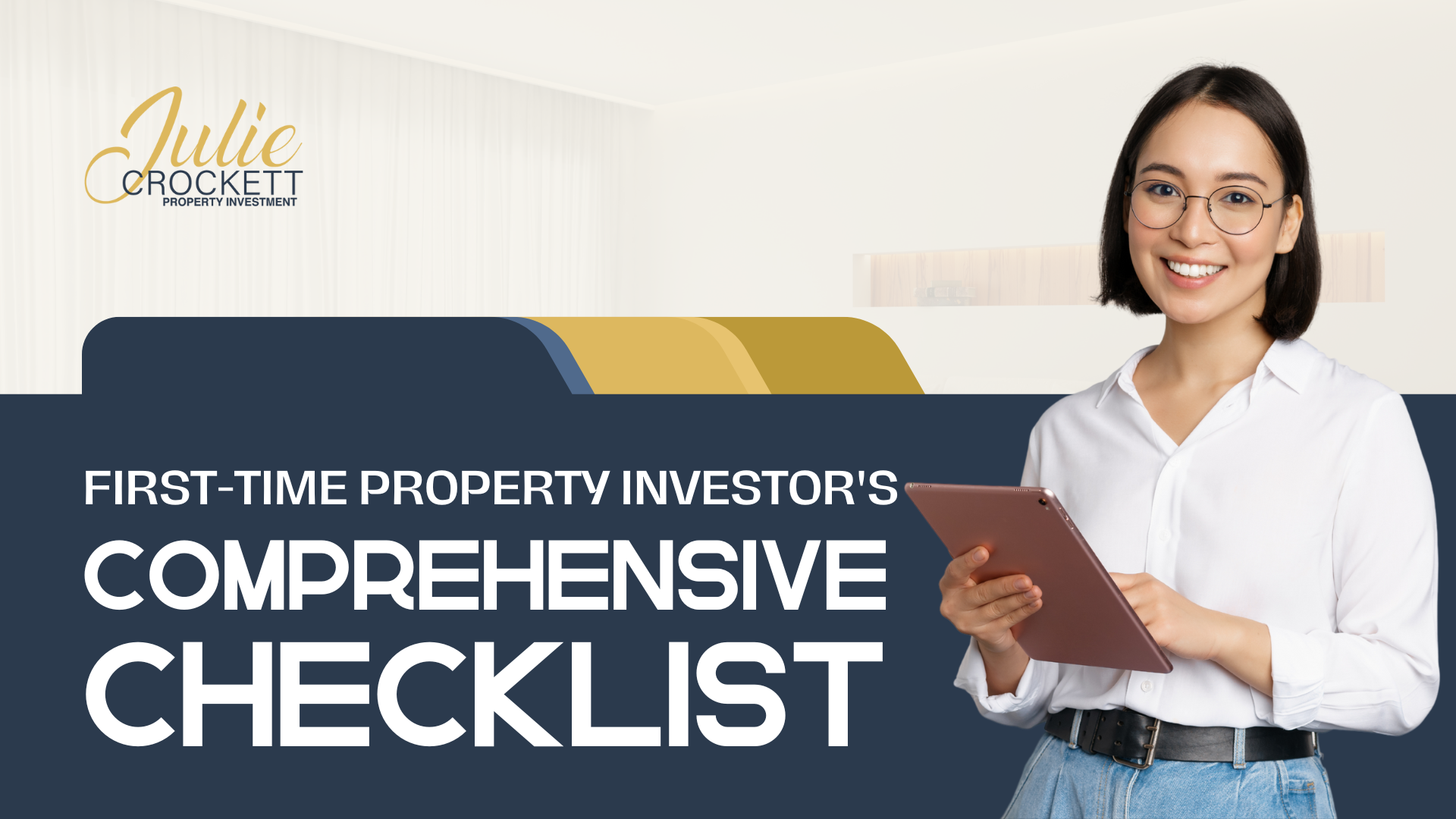
First-Time Property Investor's Comprehensive Checklist
- What is my budget?
- Determine your total investment budget, including purchase price, purchase costs, rental income and ongoing expenses.
- What is my credit score and financial health?
- Check your credit score and review your financial situation to ensure you qualify for a loan.
- What is my investment goal?
- Clarify whether you aim for long-term capital growth, strong rental income, or a mix of both.
- What type of property do I want to invest in?
- Decide on the type of property: single-family homes, apartments, townhouses, villas and perhaps commercial properties.
- Have I consulted with real estate professionals?
- Seek information from real estate agents, financial advisors, and property managers.
- What locations am I considering?
- Research and list potential suburbs and markets.
- What are the current market conditions in these areas?
- Analyse market trends, including property prices, rental rates, and vacancy rates.
- What is the historical performance of the property market in my chosen area?
- Research historical data on property values, rental income, and market trends in your chosen location.
- What are the local zoning laws and regulations?
- Understand zoning laws and regulations that could affect property use and value.
- Are there any planned developments in the area?
- Investigate upcoming infrastructure projects or developments that could impact property values.
- What are the neighborhood amenities and attractions?
- Assess the availability of schools, parks, shopping centres, and public transportation.
- How does the property compare to others in the area?
- Perform a comparative market analysis to see how your property stacks up against similar properties.
- What are the potential rental yields and cash flow?
- Calculate expected rental income versus expenses. There’s a free cash flow calculator on www.juliecrockett.com.au
- What are the potential risks and how can I mitigate them?
- Identify risks such as market downturns and tenant vacancies, and plan mitigation strategies.
- What financing options are available to me?
- Explore mortgage options, interest rates, and loan terms.
- What are the legal and tax implications of property investment?
- Understand legal requirements and tax benefits or liabilities. Speak with your Accountant to better understand these.
- What is the condition of the property?
- Conduct thorough inspections for potential repair or renovation costs.
- Who are my target tenants?
- Identify the ideal property type for the area and the tenants who would likely rent the property.
- What is the property’s rental demand?
- Determine the demand for rental properties in the area to ensure steady rental income.
- What are the maintenance and operating costs?
- Estimate ongoing costs such as maintenance, insurance, property taxes, and management fees. This will likely depend on the age of the property.
- How will I manage the property?
- Decide whether to self-manage or hire a property management company. If you self manage you need to understand the compliance required in your State and the rights and responsibilities of the tenant and the landlord.
- Do I have insurance cover for my investment?
- Obtain the right insurances for the property which may include building, contents and landlord insurance.
- What are my responsibilities as a landlord?
- Familiarise yourself with landlord-tenant laws, maintenance responsibilities, and ensuring that there’s clear communication between you and your property manager. If not, find a new property manager.
- What is my long-term exit strategy?
- Plan your eventual exit strategy, whether selling or paying down the debt to use the property as an income stream.
- Do I have a contingency plan?
- Prepare for unexpected situations with a financial safety net.
Use this step-by-step checklist to ensure you’re thoroughly prepared for your first investment property venture!






